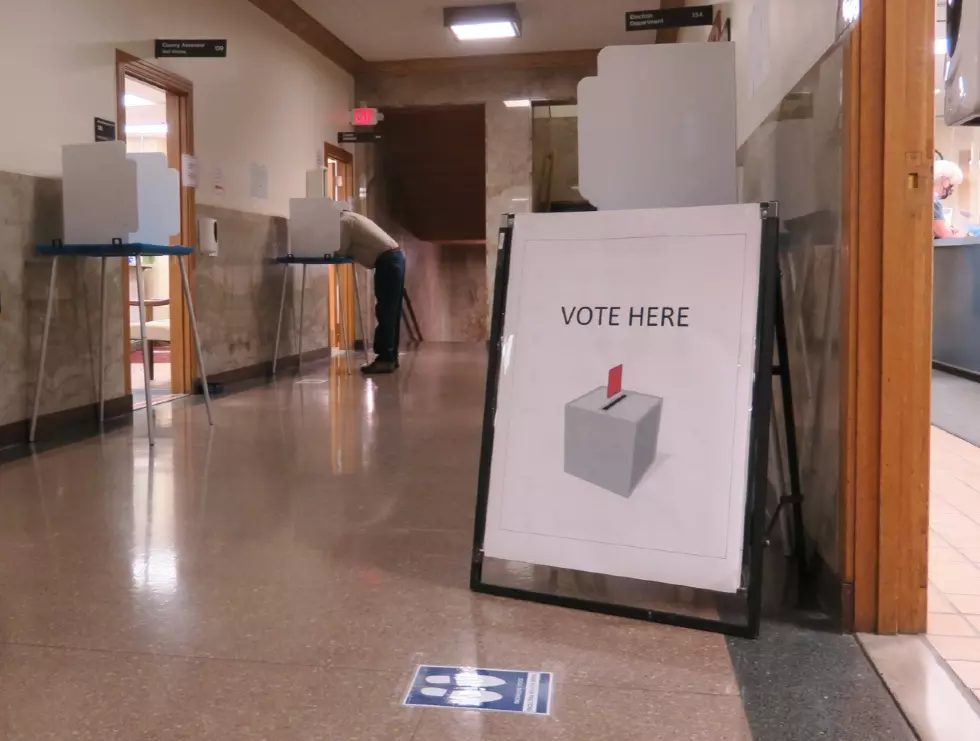
Colorado Will Fight Revocation of State Emission Waivers
Colorado’s Attorney General, Phil Weiser, announced on Wednesday that he and his team plan to resist the Trump administration’s revocation of California’s emission waiver. Why would Weiser take up arms for a matter in another state? Because we’ve incorporated California’s standards into our regulations, too.
Back in 2018, then-Governor John Hickenlooper passed an executive order calling for the Colorado Air Quality Control Commission (AQCC) to include the standards from California. As a result of the order, the Commission passed several rules that required new vehicles in Colorado to average at 36 miles per gallon by 2025, which was about 10 miles per gallon over the standard of the day.
The concurrent administration has only furthered Colorado’s commitment to lowering emissions and working to impede climate change. Recently, Gov. Jared Polis signed another executive order asking the Colorado Department of Public Health and Environment (CDPHE) to find a way to increase the number of electric cars in Colorado. In response, the AQCC voted by an almost-unanimous majority to adopt a new zero-emission vehicle (ZEV) production standard. This standard was established by cooperative, mutual effort between Colorado and national automaker organizations (including the Alliance of Automobile Manufacturers and the Global Automakers), requiring vehicle producers to shift their inventories so that 5% would be ZEVs by 2023. This percentage was set to increase to 6% by 2025, all of which mirrored California’s own requirements and were federally legal under the emissions waiver.
However, should California’s waiver to control its emission standards be revoked, Colorado’s own waiver (which is set to expire in 2025) would also be forced into litigations that could take years to resolve. The confusing part of these litigations is that automakers would be left uncertain of which regulations to follow: the state of Colorado’s, Obama-era federal policy, or a new, nation-wide standard that Trump and EPA Administrator Andrew Wheeler reportedly wish to establish.
As far as Weiser’s concerned, this makes the waiver revocation a battle on two fronts: One in regards to state’s rights and the other in regards to climate change. In a tweet, the attorney general said “This action is a direct assault on our system of cooperative federalism and an effort to undermine the role of states in addressing #climatechange.” Besides the problem of state vs. federal rights, Weiser has also stated that he believes the retraction of the waiver granted to Colorado before its expiration date is illegal as well, which appears to be the strongest point of contention that he will pursue in court. “If we have to sue the EPA, calling them out on their illegal action, we will do it,” Weiser declared.
It seems that Weiser has a broad range of support behind him, as Jill Hunsaker Ryan, the executive director of the CDPHE, Mike Silverstein, the executive director of the Regional Air Quality Council, Rep. Ed Perlmutter, D-Colo, and a variety of environmental groups have all voiced their disapproval of the waiver annulment.
But for now, we’re left to wait and see where this policy conflict will go and how it will impact our everyday lives, from the air we breathe to the cars we drive.
More From Laramie Live









